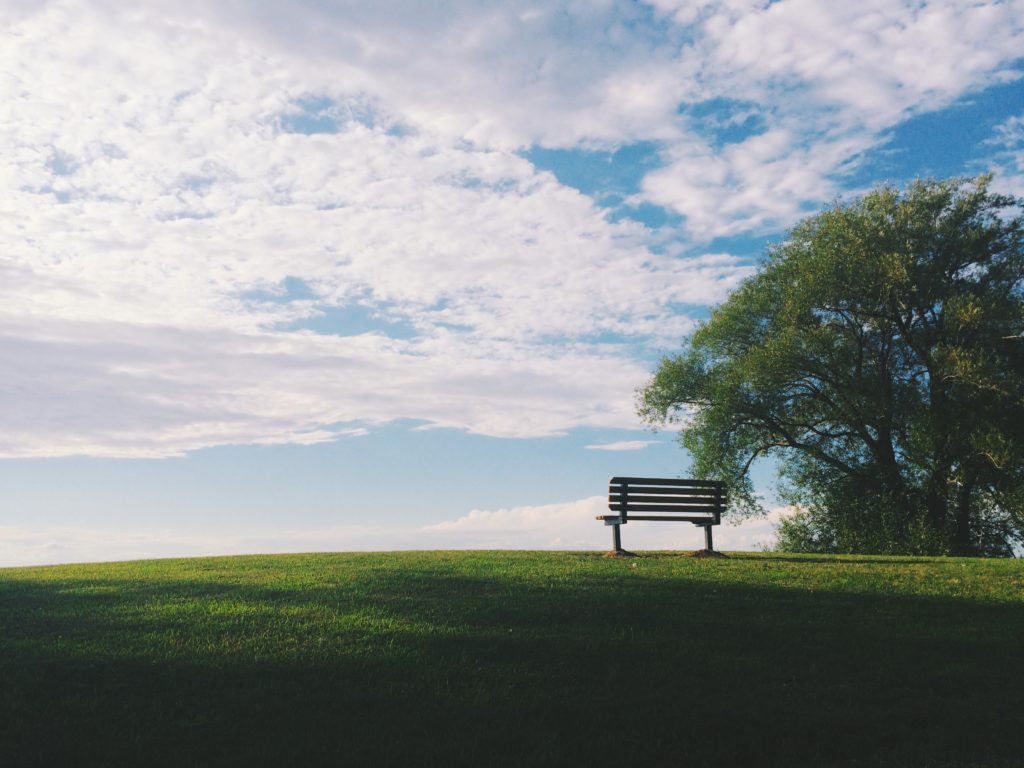
The other day my daughter asked me when my mother died. “Was it twenty years ago, then?” she said, and I was surprised at the sound of it. Yes, twenty years ago it was, when my daughter was twenty months old. She has no memory of my mom, she only knows her through me. Someday, I suppose, I will forget this day as it comes and goes, April 13. I will forget her voice, her smile, her laugh, even as I still speak her words. Her words always come like a blessing, a benediction to take on the unknowable road.
I wanted to share a few things with you about my mother. I’m sure you already know them. They are what bring you here today.
Nonetheless, over the last few months, she said some things that I wanted to pass along. She has probably been saying them to me all my life, but I suspect I heard them, finally, for the first time.
Just last weekend she looked at me, clear-eyed and steady, and told me what I’ve come to recognize as her final instructions.
“Be yourself,” she said. “And take good care of your family.”
Now you know that my mother could never, for one minute, be anything but herself. Honest, unselfish, unpretentious, lighthearted, optimistic and, in a way, so ordinary. So ordinary that she was, in fact, extraordinary. It drew people to her, to her comfort and ease. So open and accepting. So authentic. And so happy!
She kept all the cards and notes you all sent over the course of her illness. Hundreds and hundreds, perhaps even a thousand. She kept every one and everyday, more came. She was so uplifted, and in a way, mystified at the magnitude.
I told her that they showed how much she was loved. “Yes,” she said, and she shook her head in disbelief. “And just for being me.”
“Take good care of your family,” she reminded me. She reminds us all. For my mother, family was not just family. You were all in it. And her family grew in number every day. It began with her mother and dad, sisters and brothers, to whom she was, quite simply, devoted. There were cousins, so many cousins, it seemed, to fill the whole state of Texas. There were the nieces and nephews, and grand-nieces and nephews, each one special in her heart. The schoolmates and colleagues and lifelong friends. And then, of course, there were the children. Thousands of children in dozens of classrooms over 30 years’ time.
Education was her life’s work, but more than that, it was her life. She had seen for herself that, no matter where you begin, or what the conditions, if you take what you’re given and do your best, you can do anything. Her heart expanded with every single child’s achievement, and of course, her heart broke with every one of their disappointments.
At the end of her career, as an elementary school principal, she would wait for hours with the little ones, already so poor and sometimes forgotten, when no one came to pick them up from school. She waited. And soon, she retired.
Finally, there was our family, the ones at home. Perhaps this was my mom’s last mission. We were all so far along in our lives, so far apart and busy. And we have all come to see – my sisters and I – Mom’s illness as a remarkable blessing. We came together, so close, in respect, love and appreciation for one another. Mom gave us the opportunity, and we took up the task. You can speak of my mother’s strength and courage, and I will tell you that, here at the end, my father matched her mile for mile. And we are so grateful.
I want to tell you something Mom said several months ago, when we began in earnest to prepare for today and imagine how it would go. She said, “I know it sounds egotistical, but I don’t know how you all can live without me.”
I told her quickly then, and I know it to be true, that I would never have to live without her.
I ask you today, in your everyday kindnesses, in your bright hopes, your easy laughter, your generosity and your own good hearts, to help me keep my promise to her. Be yourself, and take good care of your family, and we will keep her with us forever.
My eulogy to my mother, who died on April 13, 2001, delivered at her service on April 17, 2001.
She came again to comfort me here, in a conversation about all the ways we are afraid.
Photo by Noah Silliman on Unsplash





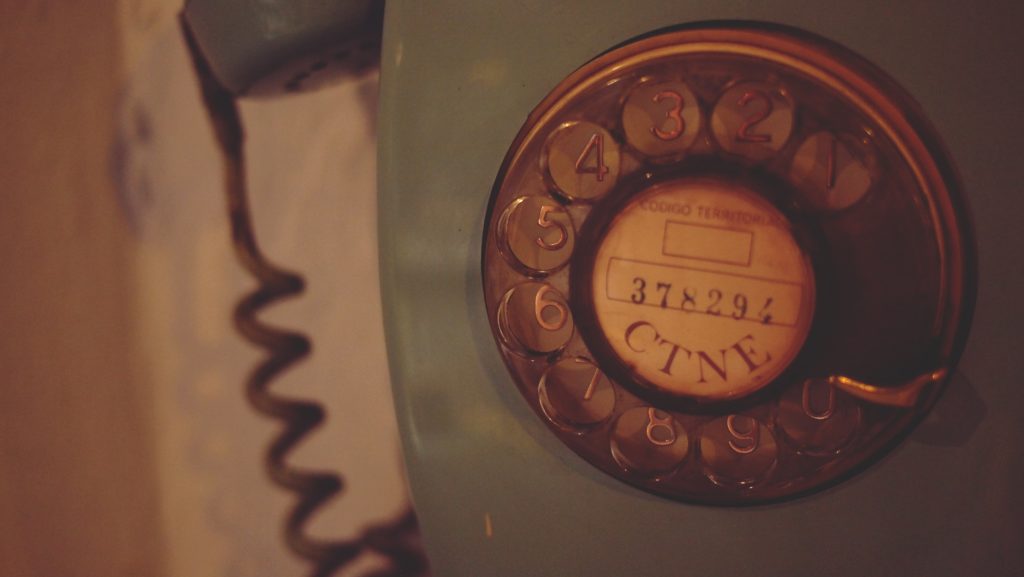
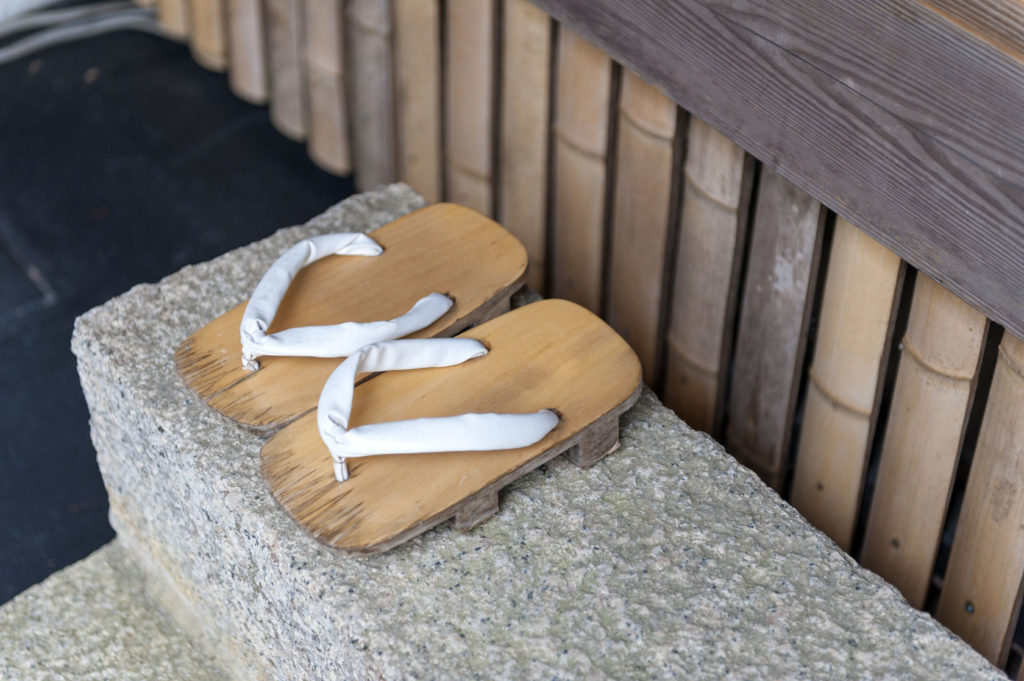
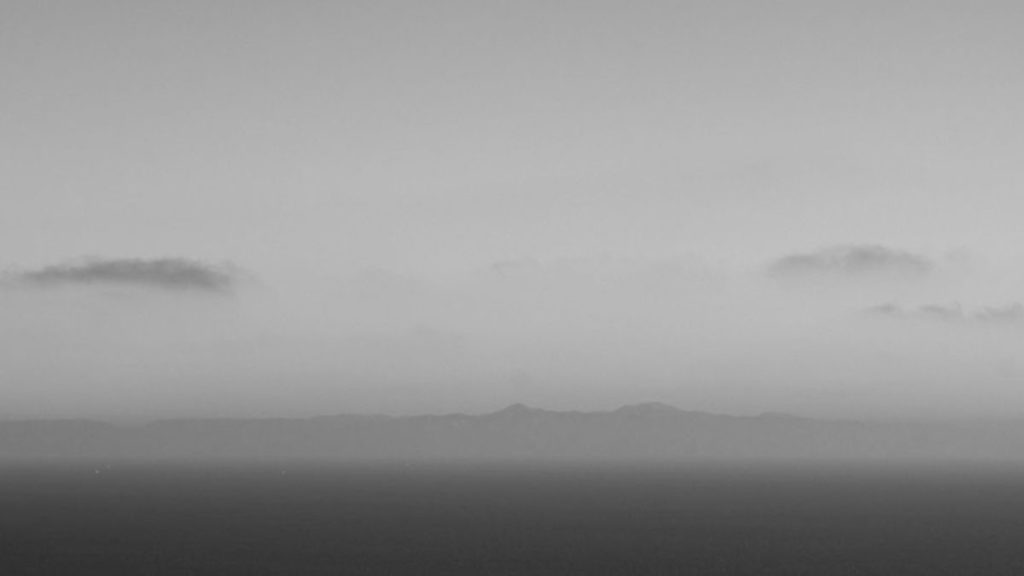

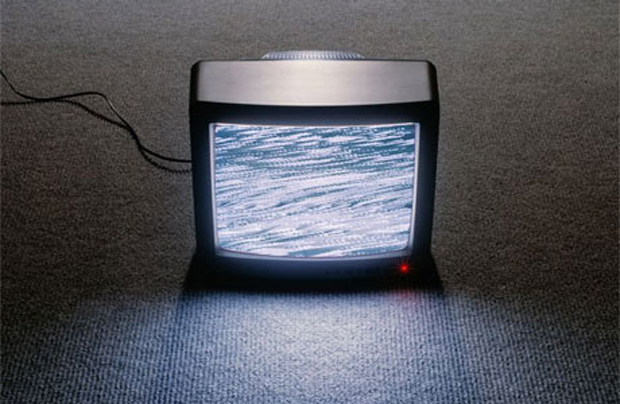





 Become the least grain of sand on the beach. —Maezumi Roshi
Become the least grain of sand on the beach. —Maezumi Roshi
